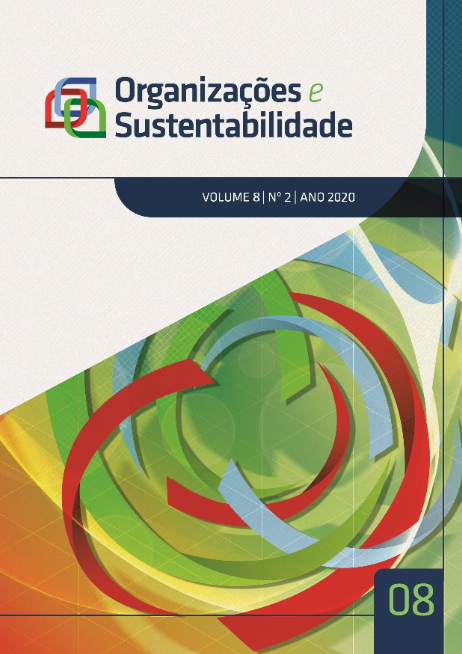Sustainable cities versus radio base stations (RBS) installation: setback of Porto Alegre/Brazil public policy
DOI:
https://doi.org/10.5433/2318-9223.2020v8n2p3Palavras-chave:
Sustainable development, Public policy, Cities, Radio base stations.Resumo
In Porto Alegre/Brazil, the Municipal Law nº 8.896/2002, which set limits of exposure to non-ionizing radiation more protective than the levels established by the Federal Law, became a reference to other municipalities in the creation of RBS public policies, in line with the precautionary principle. In this scenario, an exploratory and descriptive research of qualitative nature was performed choosing as case study the municipal law of RBS in Porto Alegre, from the perspective of Sustainable Development. The results showed that the Municipal Law nº 8.896/2002 can be considered an innovative regulatory mark for Sustainability Development. Nevertheless, there was a flexiblization of legislation, which occurred in 2014, especially in the aspect of health. In addition, there was a repeal of Law nº 8.896/2002 at the end of 2018, resulting in an environmental setback in the political discussion about the possible adverse effects caused by electromagnetic pollution in the cities.
Downloads
Downloads
Publicado
Como Citar
Edição
Seção
Licença
Copyright (c) 2020 Organizações e Sustentabilidade

Este trabalho está licenciado sob uma licença Creative Commons Attribution-NonCommercial-NoDerivatives 4.0 International License.
O(s)/a(s) autor(es)/autora(s) transfere(m) todos os direitos autorais do artigo para a revista Organizações e Sustentabilidade, sendo vedada qualquer reprodução, total ou parcial, em qualquer meio de divulgação, impresso ou eletrônico, sem que a prévia e necessária autorização seja solicitada e, se obtida, fará constar o competente registro e agradecimento à revista.












